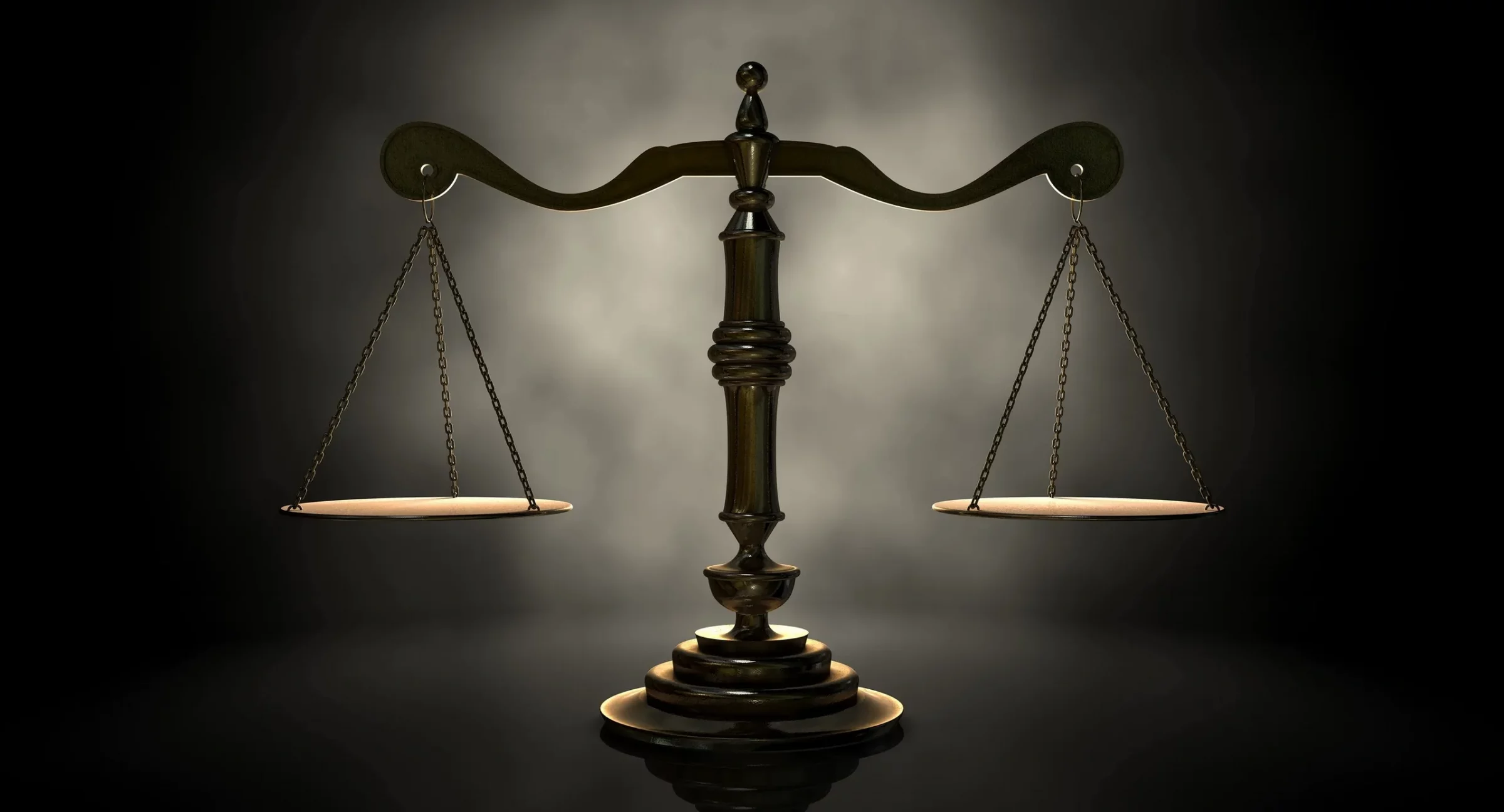
Retention
Alaska’s Merit-Based System Guarantees High-Quality Judges
What Is Retention?
Once judges have been appointed by the governor and are on the court, the Alaska Constitution requires them to appear on the ballot periodically in what are known as “retention elections.” Retention elections offer Alaskan voters an opportunity to decide how well a judge is performing their job and whether that judge should remain on the court. In these elections, judges do not “run” against other judicial candidates – they are running against themselves.
The delegates’ goal in focusing on merit evaluation of judicial applicants was to ensure that 'the judicial council will seek for the best available timber.'
To offer Alaskans sufficient information to decide whether to retain a judge, the Alaska Constitution established the Alaska Judicial Council, and requires the Council to conduct comprehensive performance evaluations of judges who are up for retention – and to make these evaluations available to the public.
What Is The Alaska Judicial Council?
The Alaska Judicial Council is an independent, nonpartisan, public commission comprised of seven individuals:
- Three members are elected by members of the Alaska Bar Association from different geographic regions throughout Alaska and are appointed by the board of governors of the Alaska Bar Association
- The other three members are appointed by the governor and confirmed by the Alaska State Legislature
- The Chief Justice of the Alaska Supreme Court serves as the seventh member of the Council, but votes only in rare circumstances, typically when there is a tie vote.
SOURCE: AJC.STATE.AK.US
How do voters evaluate whether a judge should remain on the court?
The Alaska Judicial Council gathers a comprehensive amount of detailed information about every judge who is up for retention by sending surveys to jurors, police officers, probation officers, court staff, lawyers, social services professionals, and litigants who have worked with or appeared before the judge. This evaluation focuses on the judge’s merit or qualifications.
The Judicial Council reviews this information to evaluate each judge’s:
- Fairness and impartiality – whether a judge demonstrates fairness and justice and treats everyone equally
- Integrity – whether a judge makes decisions based on the law and disregards public criticism or pressure to ignore the law
- Temperament – the judge is compassionate, courteous, and is not arrogant
- Legal ability – the judge’s knowledge of the law and procedures, ability to communicate and write clearly and precisely
- Diligence – the judge is prepared for hearings, issues rulings in a timely manner, and is conscientious.
Source: HTTP://WWW.AJC.STATE.AK.US/
Once evaluations are completed, the Alaska Judicial Council publishes them on its website. Voters can also find the Judicial Council’s evaluations within Alaska’s Official Election Pamphlet, which are mailed to all Alaska voters prior to the election.

Why should Alaska voters care about judicial retention elections?
Judges make important decisions that affect the day-to-day lives of Alaskans, including issues affecting individual health, community and family safety, parental custody disputes, and property rights, to name but a few. Alaskans have a unique opportunity – and responsibility – to learn about those judges who are up for retention so they can be informed when they vote during judicial retention elections.